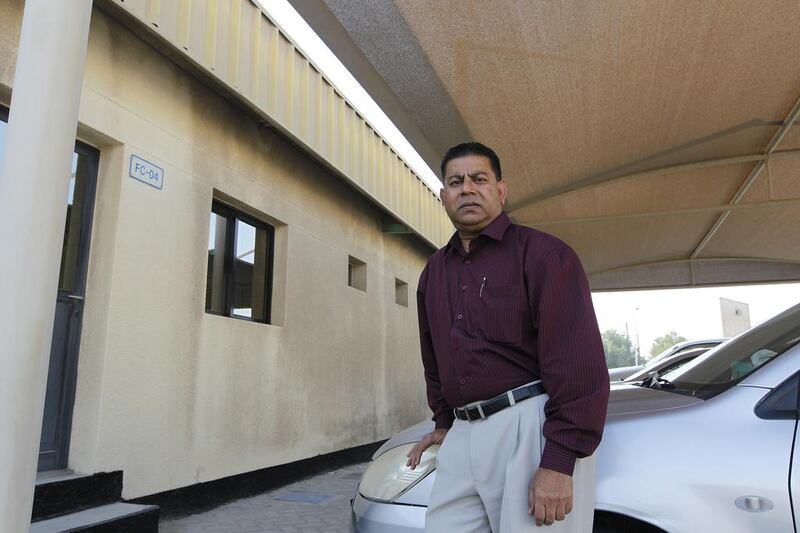DUBAI // Patients as young as 21 are having cardiovascular disease diagnosed, medical professionals say.
To mark World Heart Day on Tuesday, the doctors have warned that lifestyle choices are leading to an increase in heart conditions in patients under the age of 40.
Contributing factors include easy access to deliverable fast food and widespread smoking, fuelled by low-cost cigarettes, they said.
A survey of 491 male labourers at Rashid Hospital found 60 per cent had an unhealthy body mass index that put them at risk of heart attack or stroke.
Indian cardiologist Dr Joseph Sebastian, who works at the City Centre Clinic in Dubai and has 30 years’ experience in the field, said: “Nowadays, more and more 30 and 40 year olds are suffering heart attacks.
“My youngest patient was only 21 years old when he had his first heart attack. He was a severe case and needed coronary angiography, angioplasty and stenting.
“This particular young patient was a very heavy smoker and had a family history, with his father dying from a heart attack at the young age of 43.”
About 40 per cent of his CVD patients are under the age of 40, he added.
“Smoking remains a major contributing force behind high incidence of cardio vascular disease in the UAE,” he said.
Heart disease and strokes are the world’s leading causes of death, claiming 17.3 million lives each year.
World Heart Day takes place annually on September 29and is a chance to spread the healthy intervention message.
Health screenings conducted by Medeor 24x7 Hospital of more than 1,500 people in Abu Dhabi showed almost half were overweight and an additional 20 per cent were obese.
“Heart disease is manifesting in young and middle-aged people, especially with obesity, Type 2 diabetes and hypertension on the rise in younger people,” said Dr Stanley George, a cardiologist at Medeor 24x7 Hospital, Dubai.
One of Dr George’s patients, father of two Nery Betelho, 59, a manager at Citizen watches in Dubai, tried to lead a healthy life playing hockey, football and by running.
He was also a non-smoker, so was surprised when he was struck down with chest pain when he was out for a jog.
Doctors diagnosed an arterial blockage and Mr Betelho was booked in for a triple heart bypass operation.
“It wasn’t a heart attack, but I could feel my veins pulling,” he said.
“My dad died at 81, but he had heart problems and was a chain smoker. Doctors said my issues could have been because of a high sugar diet.”
Of the 491 men screened at Rashid Hospital aged between 25 and 55, 75 per cent had high cholesterol, and 9 per cent had undiagnosed diabetes, 60 per cent of the men had a body mass index over 24, and were at an increased risk of a heart attack or a stroke.
A healthy BMI in adults is suggested between 18.5 and 24.9. The measure is a key indicator of those at risk of cardio vascular related conditions.
Dr Fahad Omar Baslaib, cardiac consultant at Rashid Hospital, said: “We conduct health screenings throughout the year to reach as many people in the UAE as possible and educate them on risk factors and ways in which heart complications can be prevented.”
Dubai Health Authority cardiologists will discuss the importance of taking precautions to prevent heart problems via a Twitter clinic this week.
People can Tweet their questions on DHA’s Twitter page @DHA_Dubai.
nwebster@thenational.ae






